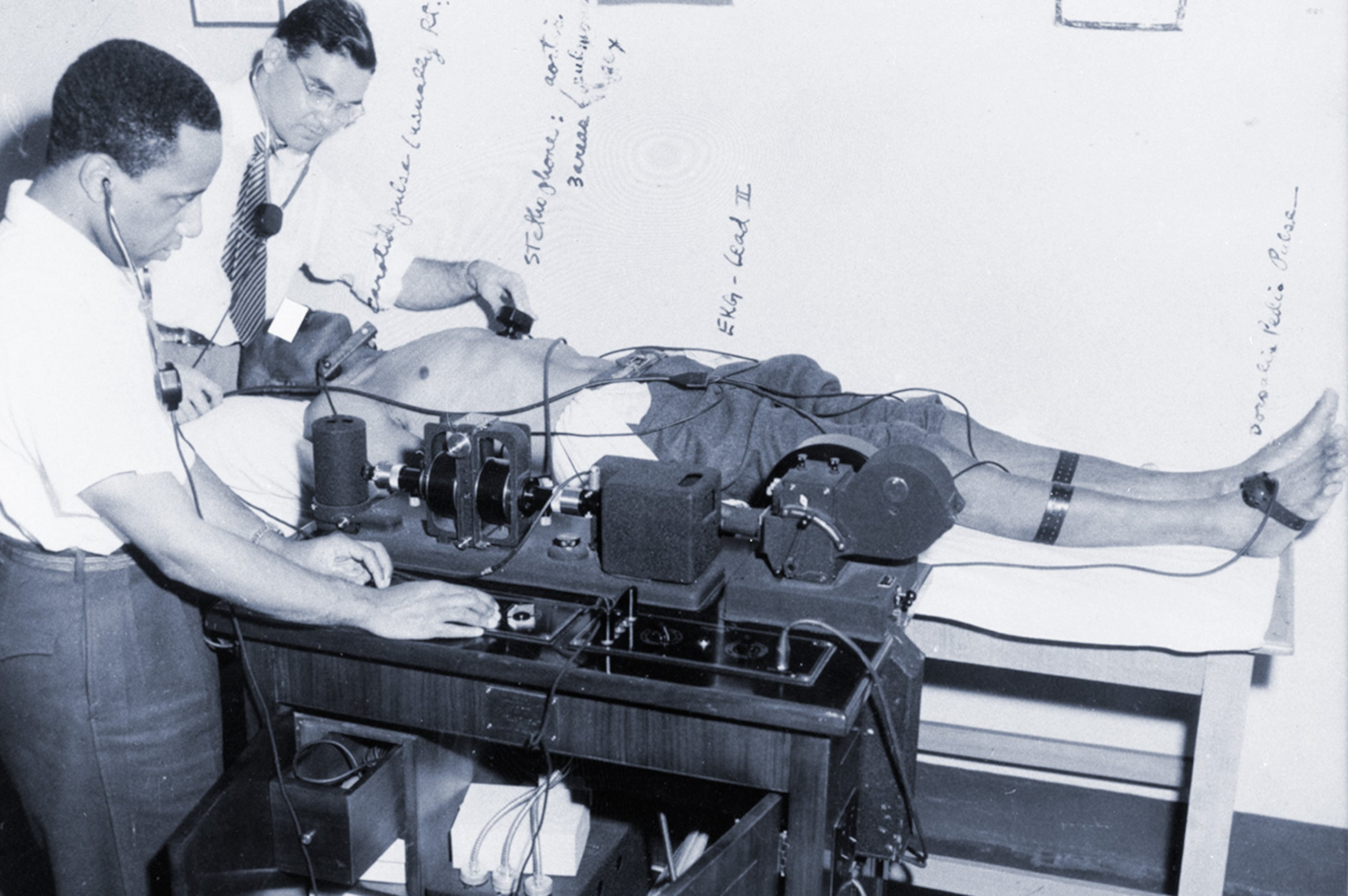Warnock: 42,000 new jobs in Georgia could vanish if GOP tax bill passes
This week, Washington politicians are voting on partisan legislation to cut taxes for billionaires by repealing clean energy tax credits that are creating tens of thousands of manufacturing jobs and are bringing billions of investments to communities across Georgia.
It’s up to us to speak out and keep these good-paying, advanced manufacturing jobs coming to communities that are too often overlooked.
The sad truth is that cynical politicians want to repeal these tax credits because they were passed by a Democratic Congress and signed into law by a Democratic president. They’re so focused on the politics that they’re willing to take away good-paying jobs, which often don’t require a college degree, from their constituents.
If we set politics aside and center what’s best for ordinary people, there’s no doubt everyone would come together to protect these tax credits and thousands of Georgia jobs.
Bipartisan consensus: Clean energy jobs are good for Georgia
During my first term in the Senate, I was proud to champion these clean energy tax credits, which were passed as part of landmark climate legislation in August 2022. Since then, clean energy investment has exploded across Georgia.
In less than three years, businesses have announced or advanced 51 new projects worth over $28 billion in our state. In fact, Georgia has benefited from these clean industry tax credits more than any other state. New projects are expected to add nearly 42,000 jobs across all corners of Georgia.
More than 95% of these new jobs are outside metro Atlanta, and these projects overwhelmingly benefit places where folks are less likely to have a college degree and don’t earn as much as the average American.
In May, I laid out the benefits of these tax credits in a report that outlines Georgia’s Clean Energy Boom. In an era defined by gridlock, Democrats and Republicans across the state agree: These clean energy manufacturing jobs are good for Georgians and their families.
Rep. Marjorie Taylor Greene said solar panel manufacturer Qcells — which will invest over $2.5 billion in projects across Georgia, partially thanks to these tax credits — is “fantastic” and claims her constituents are “excited to have jobs.” Rep. Barry Loudermilk, whose congressional district is home to a future Qcells facility, praised the company’s solar panel production as a “win for our state” and a “great source of jobs.”
Rep. Buddy Carter has noted that “countless American companies” have used the tax credits to make “major investments” in clean energy. His constituents alone stand to benefit from 11 new clean energy projects representing nearly $7.9 billion in investments and 7,400 new jobs announced after these tax credits were signed into law.

The congressman has supported preserving these private sector investments, which “increase domestic manufacturing, promote energy innovation and keep utility costs down,” he said.
Majority of districts benefiting from tax credits are GOP-represented
If Washington Republicans move forward with a GOP tax bill that repeals these clean energy tax credits, it’s their districts that will lose jobs and private investments: Three out of four clean energy projects that were announced or boosted following the passage of these tax credits have gone to House districts held by Republicans.
This is especially true in Georgia: 80% of the projects, 94% of the total investments and 75% of the proposed new jobs and investments are in congressional districts represented by Republicans.
By repealing clean energy tax credits to give a tax cut to the wealthy and well-connected, Washington Republicans could cause Georgia to lose up to 42,000 jobs in communities desperate for new jobs and investments. If the president and congressional Republicans were serious about bringing American manufacturing back to the United States, as I am, they would protect these tax credits.
Politics has a way of trying to make easy stuff complicated. I’ll tell you what’s not complicated — 51 new projects worth $28 billion all across our state and up to 42,000 new jobs.
Georgians are smart enough to know who is actually looking out for them. Now, it’s up to Georgians to ask their Congressional representatives: When the GOP tax bill comes up for a vote, are you going to protect good-paying Georgia jobs?

Sen. Raphael Warnock represents Georgia in the U.S. Senate. He was elected in a 2021 special election and reelected in 2022.


